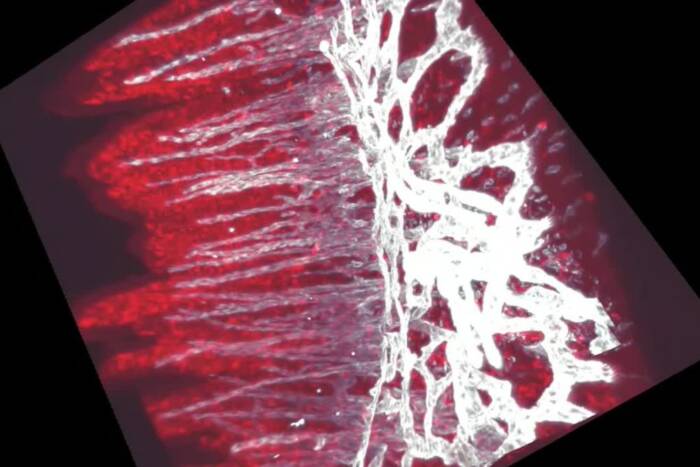University receives nearly $27m in ‘stimulus’ grants
by TALLEY HENNING BROWN
Investigators at The Rockefeller University have so far been awarded 41 federal grants and supplemental awards through the American Recovery and Reinvestment Act of 2009 (ARRA) — the so-called “stimulus” legislation passed by Congress last winter. The awards — 40 from the National Institutes of Health and one from the United States Department of Energy — range in size from about $5,000 to nearly $4.6 million and total approximately $27 million. The funds, most of which will be spent over a two-year period, are for new and ongoing projects in biomedical and clinical research and training.
Nearly $10 billion of the ARRA’s $787 billion in funds was designated for health research, training and construction and is being awarded by the NIH. Of that, $8.2 billion is earmarked for investigator-initiated research projects and research training; another $1.5 billion has been set aside for construction, renovation and maintenance of buildings and research facilities. The final $300 million is for the purchase of shared instrumentation. Of Rockefeller’s 40 NIH grants, 36 will fund research and training projects and four, totaling just over $2.2 million, are supplements to the university’s Clinical and Translational Science Award.
Since the legislation was approved in February, Rockefeller scientists have submitted more than 120 applications for ARRA funding with support from the university’s Office of Sponsored Research and Program Development. The initial round of grants was made late this summer. The NIH has so far allocated just under half of its total $10 billion share of Recovery funds in approximately 13,000 grants, according to public reports released October 30. Granting of the other half currently awaits Congressional approval of the NIH budget for the current fiscal year, which began October 1; several additional Rockefeller awards are pending this approval.
“The Recovery funds for health research have been like an injection of adrenaline for the university,” says Gila Budescu, director of sponsored research and program development. “The number of grant applications submitted by Rockefeller investigators has increased significantly this year, and our success with these grants is very encouraging. Rockefeller is obviously doing something right.”
Among Rockefeller’s 41 awards are seven grants that are highly competitive, including four Challenge Grants in Health and Science Research and three Grand Opportunities (GO) grants. Charles M. Rice, for example, Rockefeller’s Maurice R. and Corinne P. Greenberg Professor in Virology and head of the Laboratory of Virology and Infectious Disease, has received a nearly $1 million Challenge Grant, and Nathaniel Heintz, Marilyn and James Simons Professor and head of the Laboratory of Molecular Biology, has received nearly $4.6 million through the GO program. Both the Challenge Grant and GO programs were established this year specifically to channel Recovery funds.
Additionally, Leon Hess Assistant Professor Sohail Tavazoie, who came to Rockefeller this year as head of the Laboratory of Systems Cancer Biology, has received a prestigious Director’s New Innovator Award and will use the $2.5 million grant to identify individual microRNAs that may be predictors of metastasis and chemotherapy-responsiveness in colorectal cancer. For a full listing of Rockefeller ARRA grants, visit the NIH Research Portfolio Online Reporting Tool at projectreporter.nih.gov/reporter.cfm.


